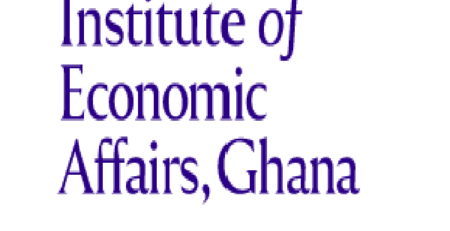Banks wrote-off loans of GH¢2.18bn as bad debt in 2020
Banks wrote off loans of a little above GH¢2.18 billion as bad debt last year, according to the Domestic Money Banks’ Income Statement of all the 23 banks released by the Bank of Ghana.
This is an increment of 28.0% over 2019’s provision for bad debt of about GH¢1.70 billion.
The increase in the bad debt is obviously as a result of the covid-19 pandemic which had impacted on the banks’ balance sheet.
However, it could have been worse if the Bank of Ghana had not undertaken the financial sector reforms from 2017.
During the coronavirus period, banks provided support and reliefs in the form of loan restructuring and loan repayment suspensions, to cushion customers severely impacted by the pandemic.
This in turn moderated the likely severe adverse impact the pandemic would have had on banks’ asset quality.
Interestingly, Non-Performing Loans (NPLs) went up by only 0.5% to 14.8 percent last year. This the Bank of Ghana attributed to improved credit growth and loan write offs during the last quarter of 2020.
The increase in the NPLs came from the construction and manufacturing sectors respectively. The NPL ratio for the construction sector increased from 17.9% to 22.6%, while that of the manufacturing sector increased marginally from 17.7% to 18.2% over the same comparative period.
Total outstanding loans restructured by banks as at December 2020 amounted to GH¢4.5 billion, about 9.4% of the industry loan book.
In this regard, the Central Bank said regulatory guidance and monitoring procedures have been put in place to assess developments in this regard.
Banking sector well positioned to support economic recovery
In conclusion, the Bank of Ghana said the banking sector ended the year 2020 on a strong note on the back of strong policy support and regulatory reliefs.
Consequently, balance sheet performance as well as the sector’s profitability outturn pointed to a stable one amid the COVID-19 pandemic.
Regulatory reliefs introduced by the Bank of Ghana during the year, against the background of the strong and stable sector that had emerged after the clean-up and recapitalisation reforms, also contributed to the resilience of the sector during 2020.
In the outlook, the Central Bank said the banking sector is well-positioned to continue with the core objective of financial intermediation and providing support to the growth recovery process.
“Banks are expected to sustain the strong performance under mild to moderate stress conditions, barring more severe consequences on the real sector from the second wave of the pandemic. Policy and regulatory reliefs granted to the industry will be reviewed alongside close monitoring, and prompt supervisory actions will be taken to address emerging potential vulnerabilities in the financial sector arising from the pandemics.”
Source: Goldstreet Business














Leave a Reply